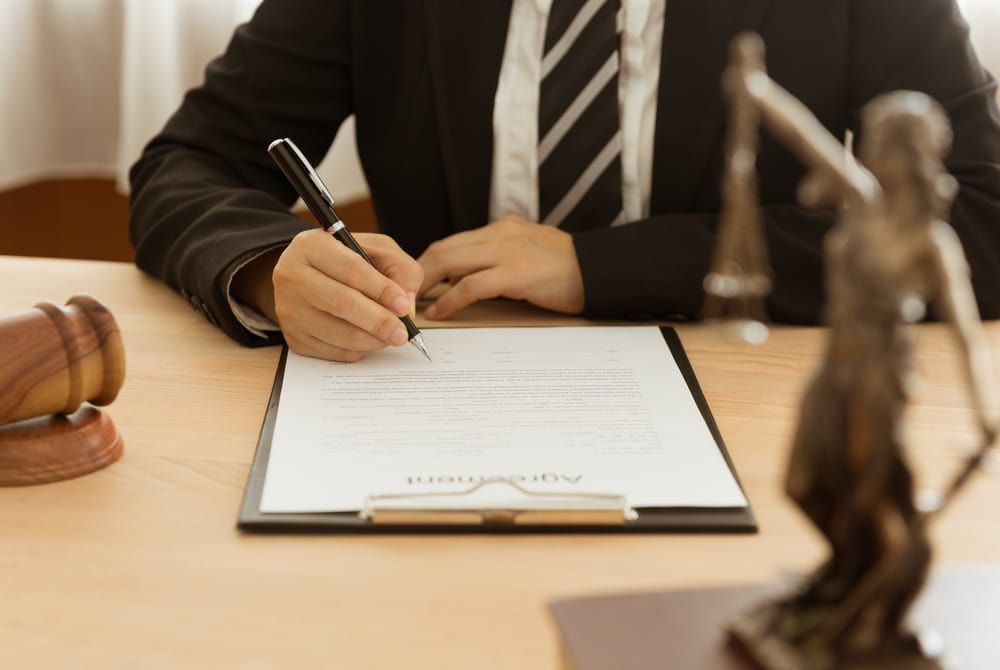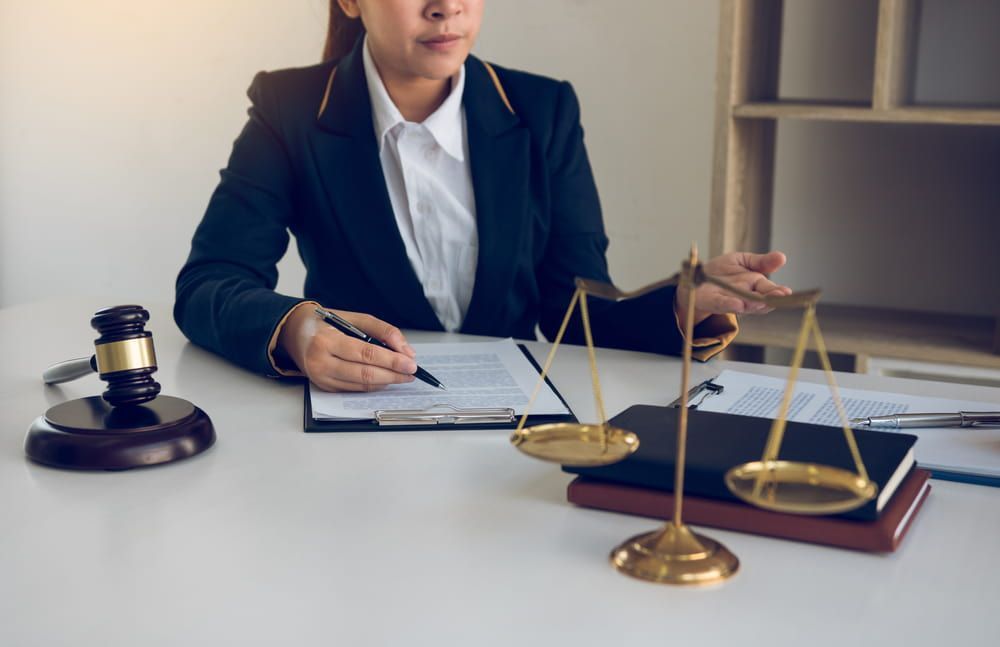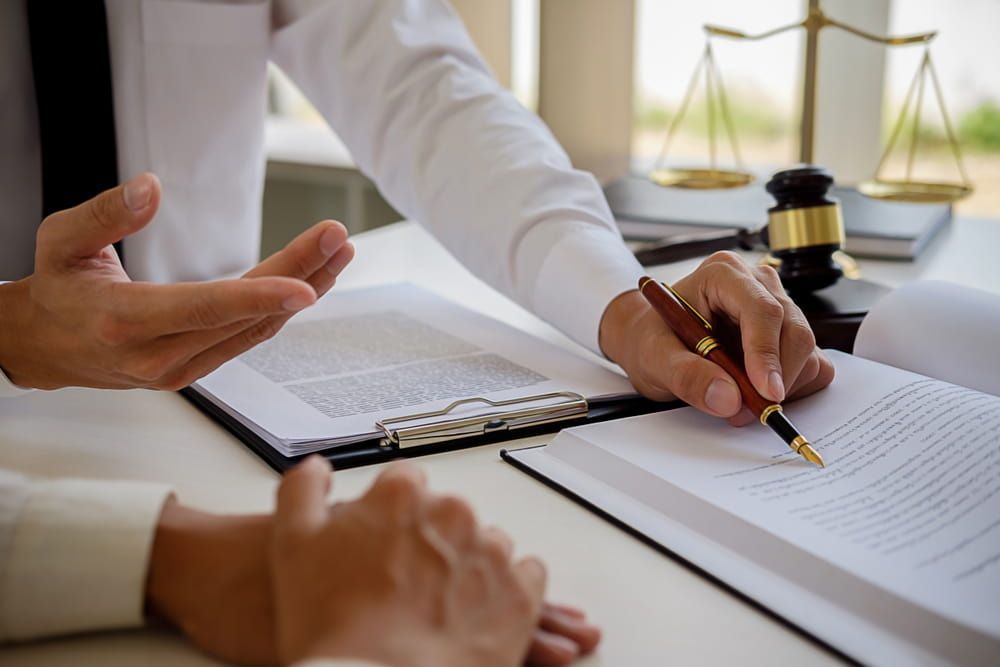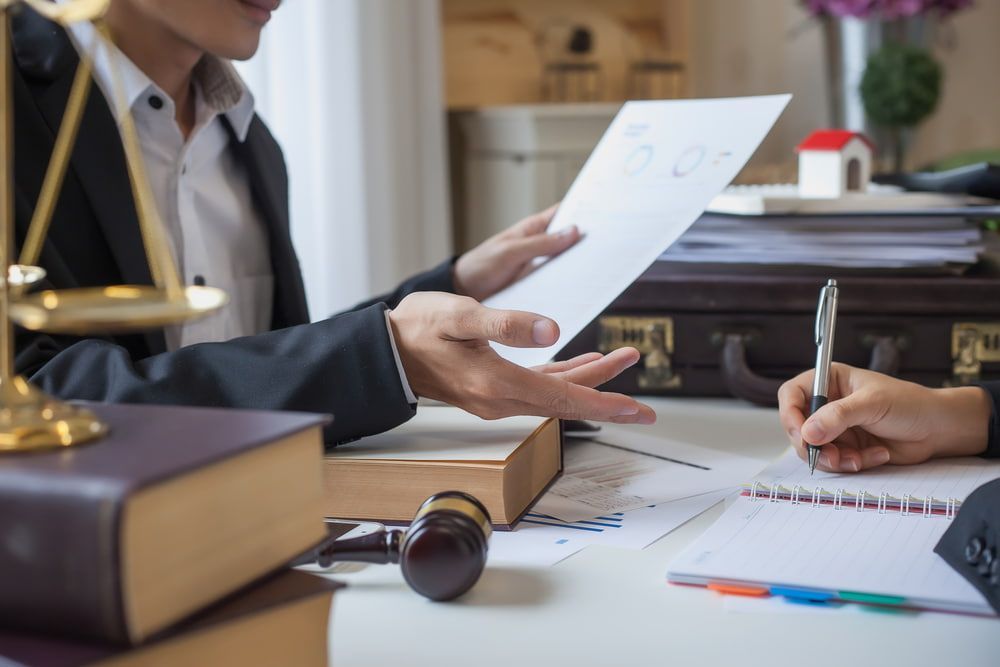Traffic Offences in Taree
Taree Traffic Offences
Losing your licence—even temporarily—can disrupt your whole life. At Adamson Legal & Conveyancing in Taree, we help people understand and respond to traffic offences with clear advice and support that fits their situation. From speeding fines and mobile phone charges to more serious matters like drink driving or licence suspensions, we’ll help you figure out your next move.
We explain what your charge means, what penalties apply and how to handle it in court if needed. Whether you’re facing a fine, court date or loss of demerit points, we’ll help you take the right steps at the right time.
To speak with a lawyer about your traffic offence, get in touch with our team on
(02) 6553 4266.
Help With Licence, Court or Fines
We assist with a wide range of traffic matters—speeding, unlicensed driving, red light camera offences, DUI, driving while suspended or disqualified and more. Even if it’s your first offence, there may be serious consequences such as a criminal record, licence disqualification or increased insurance premiums.
We can help you apply for a licence appeal, prepare for a court appearance or request leniency in the form of a Section 10 (no conviction recorded). If you're unsure how to respond to an infringement notice or court attendance notice, we’ll walk you through the options and help prepare your documents.
Every case is different. We tailor our advice to your specific charge, history and goals—so you get clear, personal guidance that helps you move forward.
Represented Right from The Start
Many traffic matters are heard in the Local Court, where having the right preparation can make a big difference. We help you get all required paperwork in order, write character references and prepare your statement if you’re asking the court to reduce a fine or avoid a conviction.
We also represent you in court, speaking on your behalf and explaining your circumstances in a clear and respectful way. If you’ve already received a suspension, we can assess whether you’re eligible for an appeal and help prepare your case.
It’s not just about the fine or the court date—it’s about keeping your licence, protecting your record and moving on with confidence.



Frequently Asked Questions
What are common traffic offences in New South Wales?
Common traffic offences in NSW include speeding, running red lights, using a mobile phone while driving, not wearing a seatbelt, drink or drug driving and driving without a valid licence.
Some of these result in fines and demerit points, while more serious offences—like driving while suspended—can lead to court appearances, licence disqualification or a criminal conviction.
Can I appeal a licence suspension in New South Wales?
Yes. If your licence has been suspended by the RMS (for speeding or excessive demerit points), you may be able to appeal the decision in the Local Court. You’ll need to lodge an appeal within 28 days of receiving the notice.
The court may reduce or cancel the suspension based on your circumstances. A lawyer can help prepare your application and represent you in court.
What is a Section 10 for traffic offences?
A Section 10 (now called a Conditional Release Order without conviction) means the court finds you guilty but does not record a conviction. This can help you avoid fines, licence disqualification or a criminal record.
It’s typically granted in minor cases, especially if you have no prior offences and show remorse. A well-prepared case can improve your chances of receiving a Section 10.
Do I need a lawyer for traffic court?
While not mandatory, legal advice can make a significant difference—especially if you're facing serious charges, want to avoid a conviction or need help presenting your case.
A lawyer can explain your options, prepare documentation and speak on your behalf in court. Even if the matter seems minor, legal support can help avoid long-term consequences like licence loss or increased insurance premiums.






